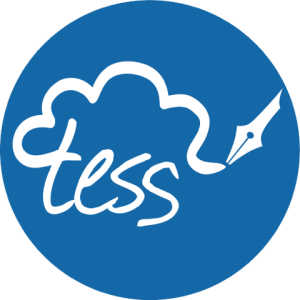
Below are some pieces we love, online and accessible. Looking for a TESS-inspired book? Try our Bookshop.org list.
“Material culture and industrial infrastructure carry the history of their making. What happens when their residues enter the body? Do they transfer that history to us?” Rebecca Altman, “Upriver” Orion
“One of the reasons I think Thoreau achieved the status of national hero is precisely because of his difference—not his indifference. The strangeness, intensity, and beauty of his writing—and, yes, perhaps its priggishness and severity, too—relentlessly challenges us to question ourselves. Why do we think and act as we do?” Steve Edwards, “Misunderstanding Thoreau: Reading Neurodiversity in Literature and in Life” LitHub
“Having “memory” is just one of the many ways scientists refer to glaciers in terms that make them seem alive. They also “crawl” and have “toes”; when they break off at the ablation edge, they are said to have “calved.” They are born and die—the latter at increasing rates, especially during “the great thaw” of the past twenty years.” Lacy M. Johnson, “How to Mourn a Glacier” The New Yorker
“Perhaps the first rule of everything we endeavor to do is to pay attention. Perhaps the second is to be patient. And perhaps a third is to be attentive to what the body knows.” Barry Lopez, “The Invitation” Granta
“I am the mother of Black children in America. It’s not possible for me to consider the threats posed to birds without also considering the threats posed to us.” Emily Raboteau, “Spark Bird” Orion
“At the turn of the century I began thinking about how the essential truths of my people, held within our land and within the knowledge of country, have endured great storms of dust—cultural oppression, drought, fires—and two questions arose: How far would we as Aboriginal people go to survive? What is the future of the planet?” Alex Wright, “The Inward Migration in Apocalyptic Times” Emergence
We update often, so check back!